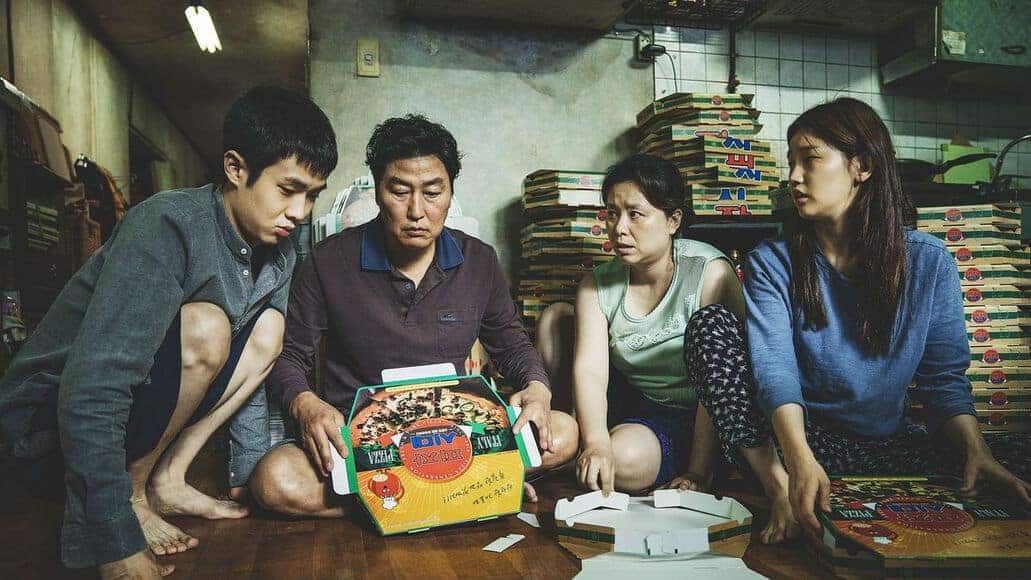“I've always gone against nature.”
In a way, watching a film such as Daishi Matsunaga's 2009 documentary on Japanese artist Pyuupiru offers not only great insight into his work, but also something which might be quite rare in these days. Much like the work of Pyuupiru, the film does not shy away from the kind of confrontation the artist's work is after, the kind of reactions, as well as the kind of thought and emotion which went into each and every piece. Besides the artist himself, Matsunaga follows his process of becoming Pyuupiru with the help of various interviews with friends, family and frequent collaborators, while also including images and sequences of selected performances and works.
Considering Matsunaga is a close friend of Pyuupiru, the approach is quite personal as well. From the very first images of the artist starting in 2001 to a performance in 2008, Matsunaga frames his movie in a way which marks a decisive period in Pyuupiru's body of work. Upon realising his international fame and influence, the artist appears to be pushed even further into his work, the notion of expressing something which might support others who go through the same kind of struggle he has been through.
At the core of “Pyuupiru 2001-2008” is the artist's decision to undergo hormone therapy and a sex change operation which weakens him physically and emotionally. Matsunaga's camera becomes a companion, but never a voyeur of suffering. Through the use of the artist's statements and the interviews with his family, Matsunaga instead draws an image of Japan as a culture which has branded homosexuality or transgender people a social taboo. In one of the most heartbreaking sequences of the film, Pyuupiru explains how she had been dating someone, but eventually had to accept he was unable to commit fully to the relationship due to his partner's gender. Even though Pyuupiru tries to stay positive, the way she looks and speaks tells a different story of longing and unfulfilled love.

However, Matsunaga's film also presents Pyuupiru in this context as unique and brave. Even though her emotions may run wild at times, her various pieces starting with the “Planetarium” exhibition up to “Love Reincarnation” suggest a neverending stream of inspiration. Influenced by the club-culture of Tokyo in the 1980s until now, the bright colors, the odd structures and the general emphasis on the physical body define Pyuupiru's work. At the same time, as the artist's brother states, it also has a child-like quality to it, like playing catch or some other game, given the obvious energy and playfulness of the works. Matsunaga highlights these, and other approaches to the work of Pyuupiru, making his film and the various works accessible to his audience.
In the end, “Pyuupiru 2001-2008” offers great insight into the life and work of one of Japan's most prolific artists, one whose works stand for originality, courage and humor. It is a movie emphasizing the necessity for people like Pyyupiru to express her feelings through works such as this, views which might indeed not only shed some light on the artist, but also to the viewer and the world outside.















